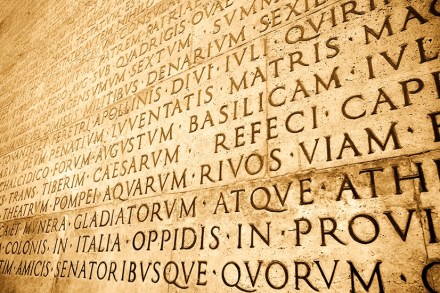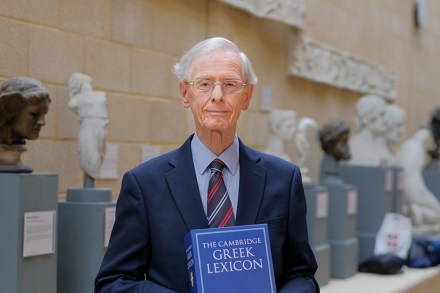Is Latin worth learning?
A teacher wanting to teach Latin has enquired whether it is worth doing because the subject has ‘such a bad reputation’. As ever with such assertions, it is always wise to ask, ‘In whose eyes?’ The bizarre fact is that, both here and in the United States, the answer is in those of a certain




















